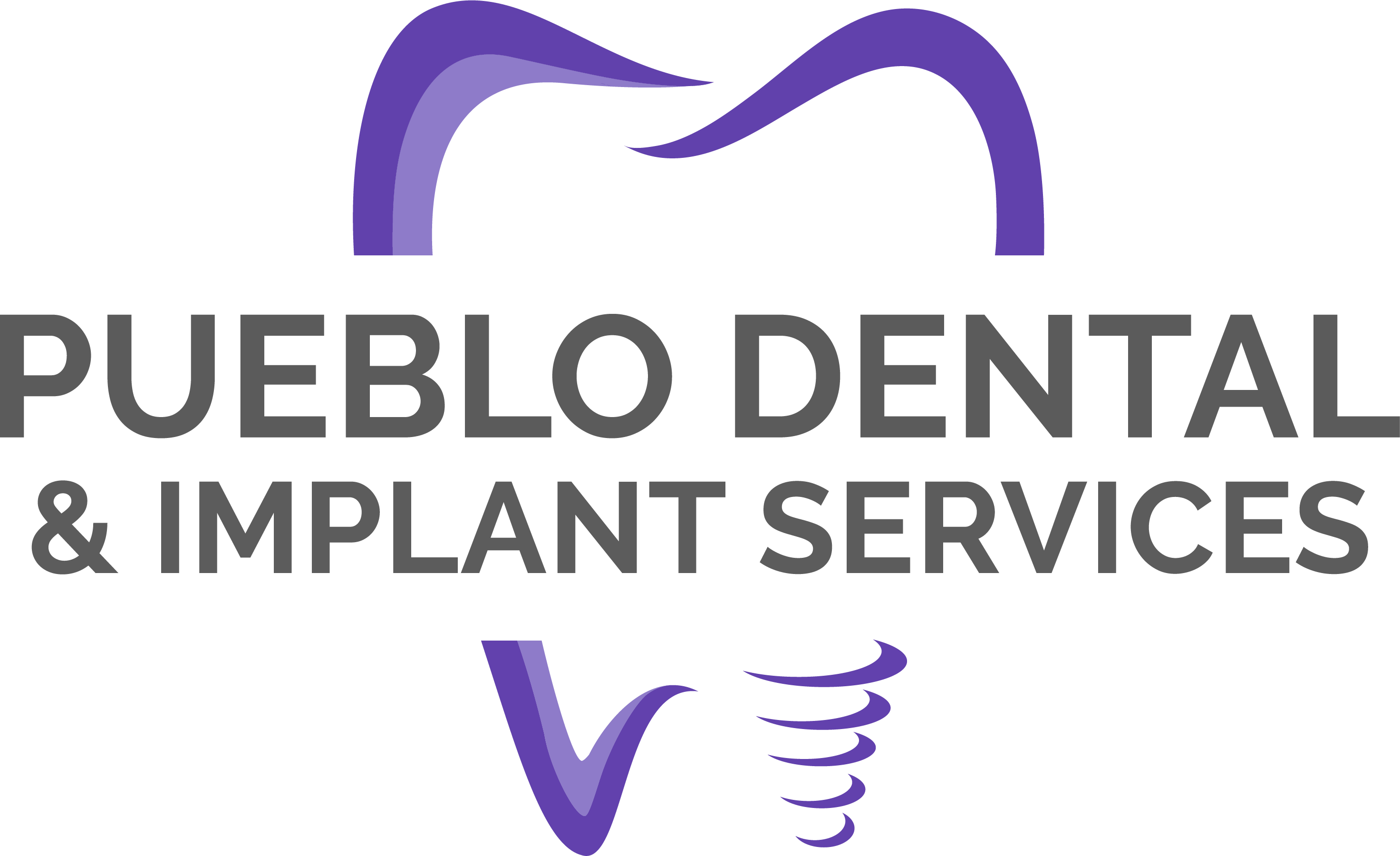Benefits of Sedation Dentistry
Sedation dentistry is a safe and effective way to help patients relax during their dental procedures. It can provide a number of benefits to patients, including reducing anxiety, helping them feel more comfortable during their appointment, and allowing them to receive the dental care they need without feeling overwhelmed. Sedation dentistry can also help reduce the amount of time spent in the dental chair, making it easier for patients to get the dental work they need in a timely manner.
Sedation dentistry is also beneficial for those who have a fear of needles or dental drills, as the sedation helps to reduce the fear and anxiety associated with these items. Additionally, sedation dentistry can help those with a strong gag reflex to be able to receive dental care without feeling overwhelmed or uncomfortable. By reducing fear and anxiety associated with dental care, sedation dentistry can help make the experience more pleasant for patients.
Types of Sedation Available
At Pueblo Dental & Implant Services, we understand that some patients may feel anxious or uncomfortable during dental visits. To help make your experience as comfortable as possible, we offer sedation dentistry services. Our sedation dentistry services include nitrous oxide, oral conscious sedation, and IV sedation.
Nitrous oxide, also known as laughing gas, is a safe and effective sedative agent that is mixed with oxygen and inhaled through a small mask that fits over your nose. It is a mild sedative that helps you relax during your dental procedure.
Oral conscious sedation is a pill that you take before your appointment. It helps you relax and is often used in combination with nitrous oxide. IV sedation is administered intravenously and is the strongest type of sedation available. It is often used for more complex procedures.
No matter which type of sedation you choose, you can rest assured that you will be in good hands at Pueblo Dental & Implant Services. Our experienced team of dentists and dental professionals will ensure that you have a safe and comfortable experience. Contact us to learn more about our sedation dentistry services.
Risks and Side Effects of Sedation Dentistry
Sedation dentistry is a safe and effective way for patients to receive dental care while feeling relaxed and comfortable. However, as with any medical procedure, there are potential risks and side effects associated with sedation dentistry. Some of the most common risks and side effects include drowsiness and nausea.
Patients may experience drowsiness after receiving sedation dentistry, which can last for several hours. This drowsiness can be dangerous if the patient is driving or operating machinery. It is important for patients to have someone accompany them to and from the dental appointment to ensure their safety. Additionally, patients may experience nausea after receiving sedation dentistry, which can be managed with medication.
Other potential risks and side effects of sedation dentistry include allergic reactions, low blood pressure, and respiratory depression. It is important for patients to discuss their medical history with their dentist prior to receiving sedation dentistry to ensure that it is the right option for them.
Preparing for a Sedation Dentistry Appointment
At our dental practice, we provide sedation dentistry to help make your dental appointment more comfortable and relaxed. Before your appointment, there are a few things you should do to prepare.
First, it is important to discuss your medical history with your dentist. This includes any medications you are taking and any allergies you may have. It is also important to tell your dentist if you have ever had any negative reactions to sedation or anesthesia.
It is also important to follow your dentist’s instructions for fasting before your appointment. Depending on the type of sedation you will receive, you may need to fast for several hours before your appointment. Additionally, you should avoid drinking alcohol for at least 24 hours prior to your appointment.
Sedation dentistry can help make your dental appointment more comfortable and relaxed. By following your dentist’s instructions and providing them with an accurate medical history, you can ensure that your sedation dentistry appointment goes smoothly.
FAQs About Sedation Dentistry
Sedation dentistry is a great option for those who experience dental anxiety or fear. It allows patients to receive the oral care they need in a comfortable, relaxed environment. If you’re considering sedation dentistry, here are some of the most commonly asked questions.
What is sedation dentistry?
Sedation dentistry is the use of medication to help patients relax during dental procedures. It is sometimes referred to as “sleep dentistry” because the patient is usually in a state of deep relaxation. However, it is important to note that the patient is not actually asleep during the procedure.
What types of sedation are available?
Sedation dentistry typically involves either inhaled sedation, oral sedation, or intravenous sedation. Inhaled sedation involves inhaling nitrous oxide, which helps the patient relax. Oral sedation involves taking a pill prior to the procedure, while intravenous sedation is administered directly into the bloodstream.
Are there any risks associated with sedation dentistry?
Sedation dentistry is generally considered safe, but there are some risks that should be discussed with your dentist before proceeding. These include the risk of respiratory depression, allergic reaction, and changes in blood pressure.
If you have any further questions about sedation dentistry, please contact our office. Our experienced team is here to answer any questions you may have and help you make an informed decision about your oral health.


